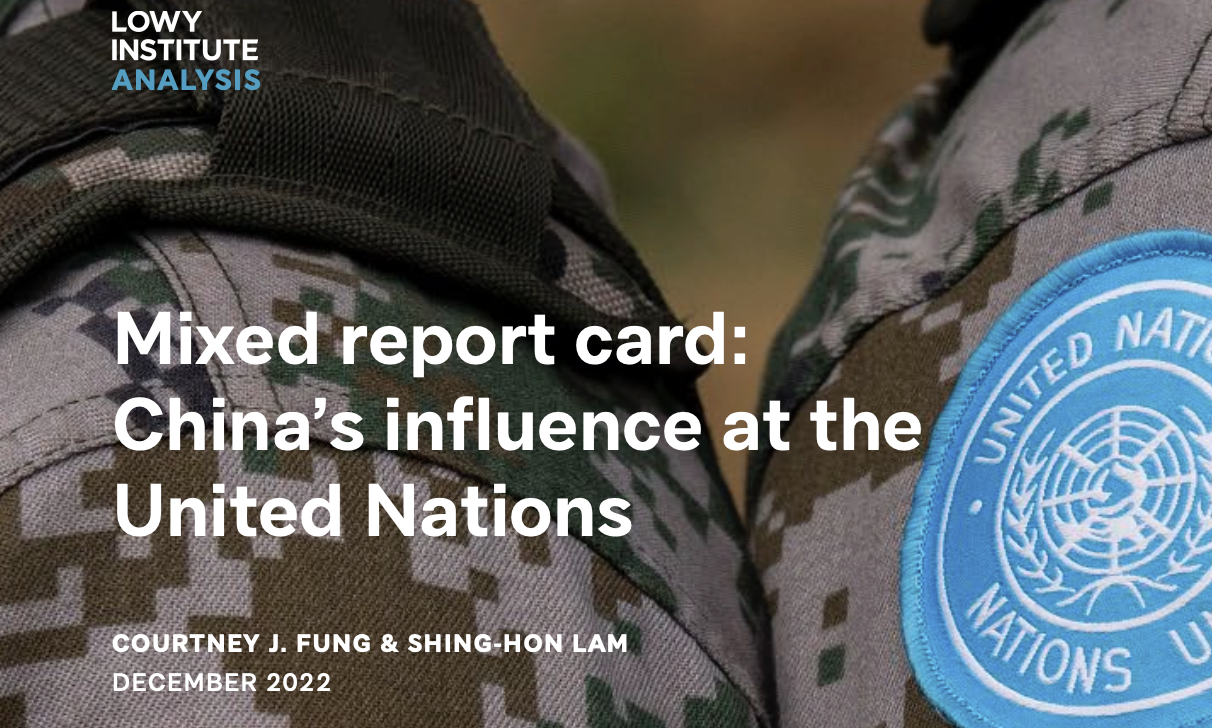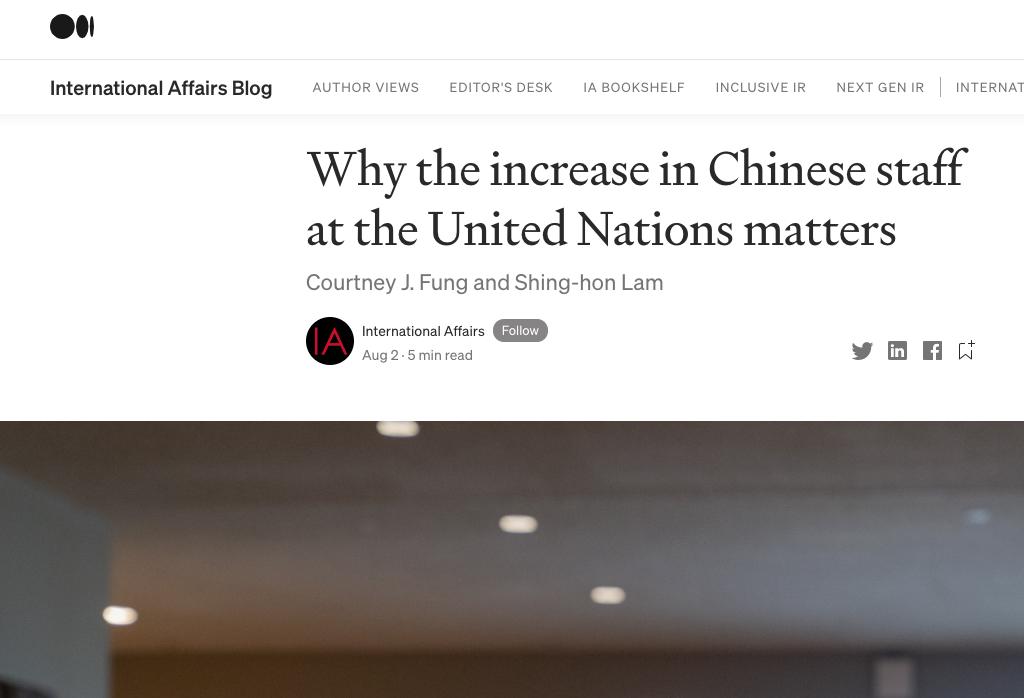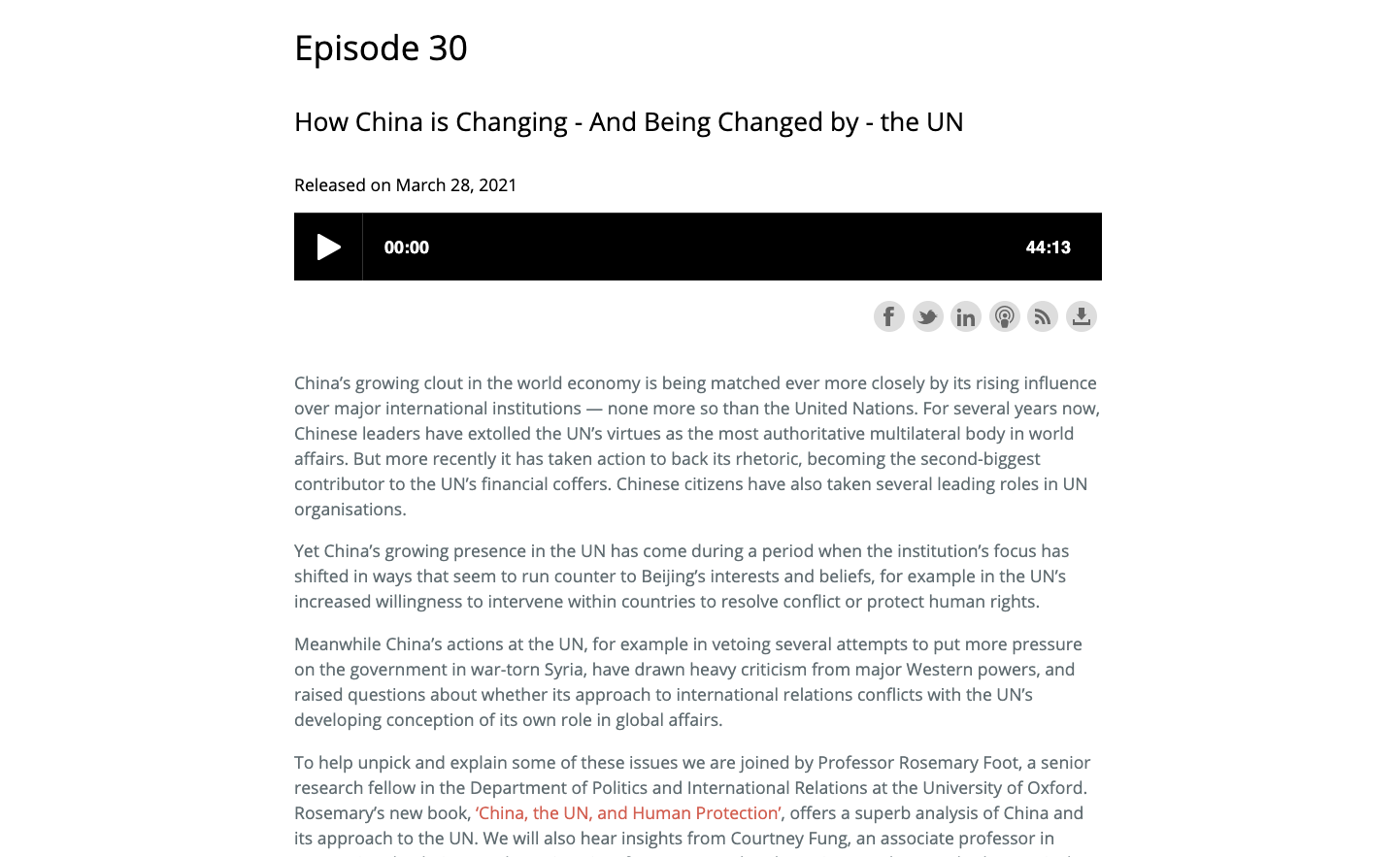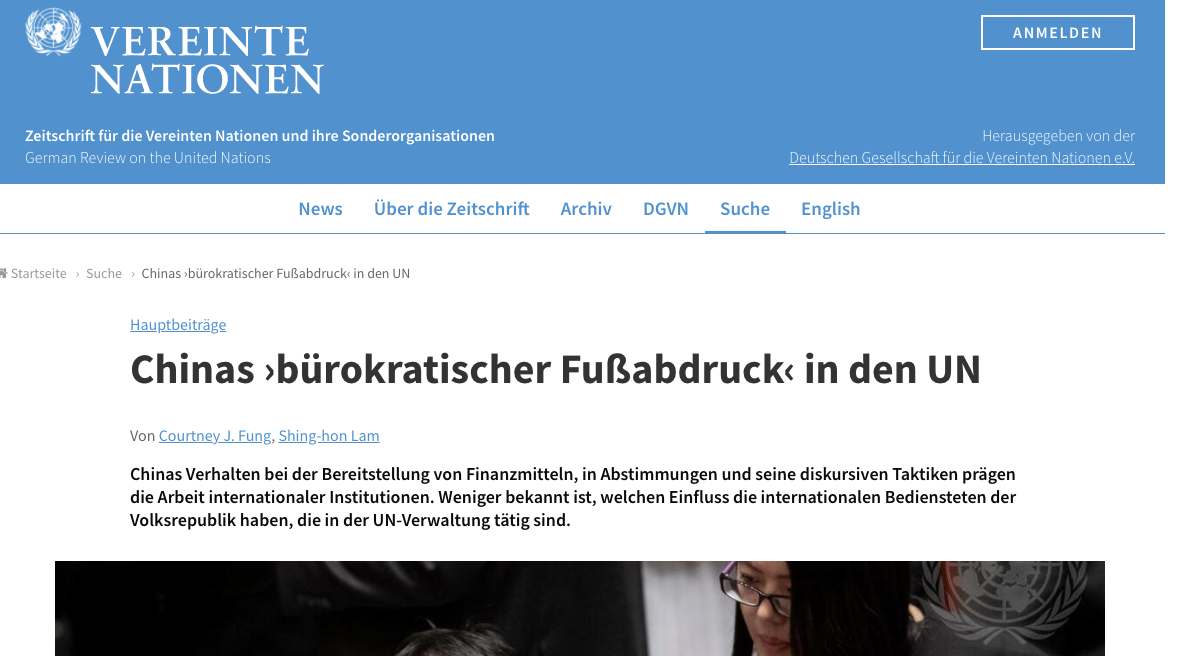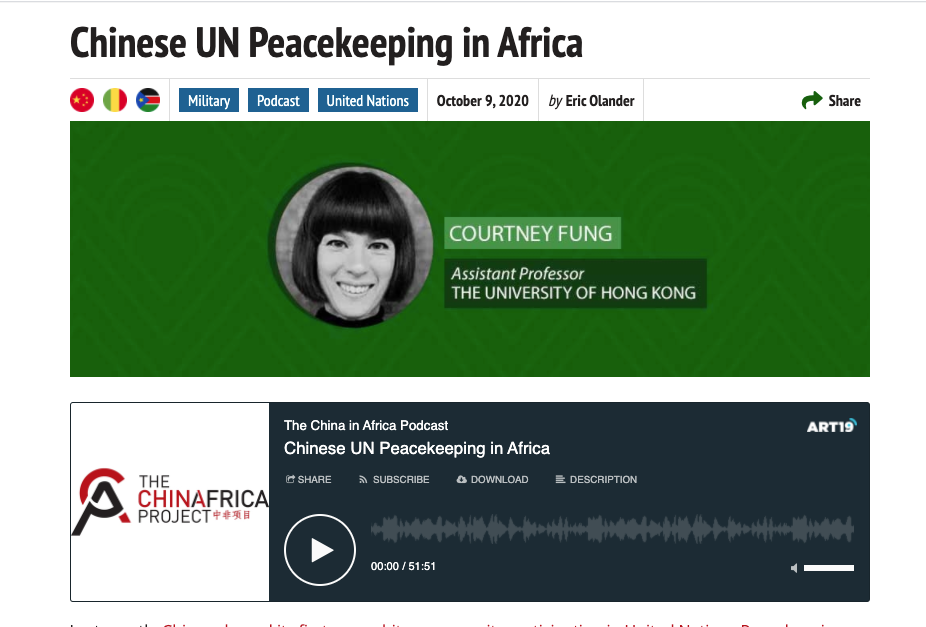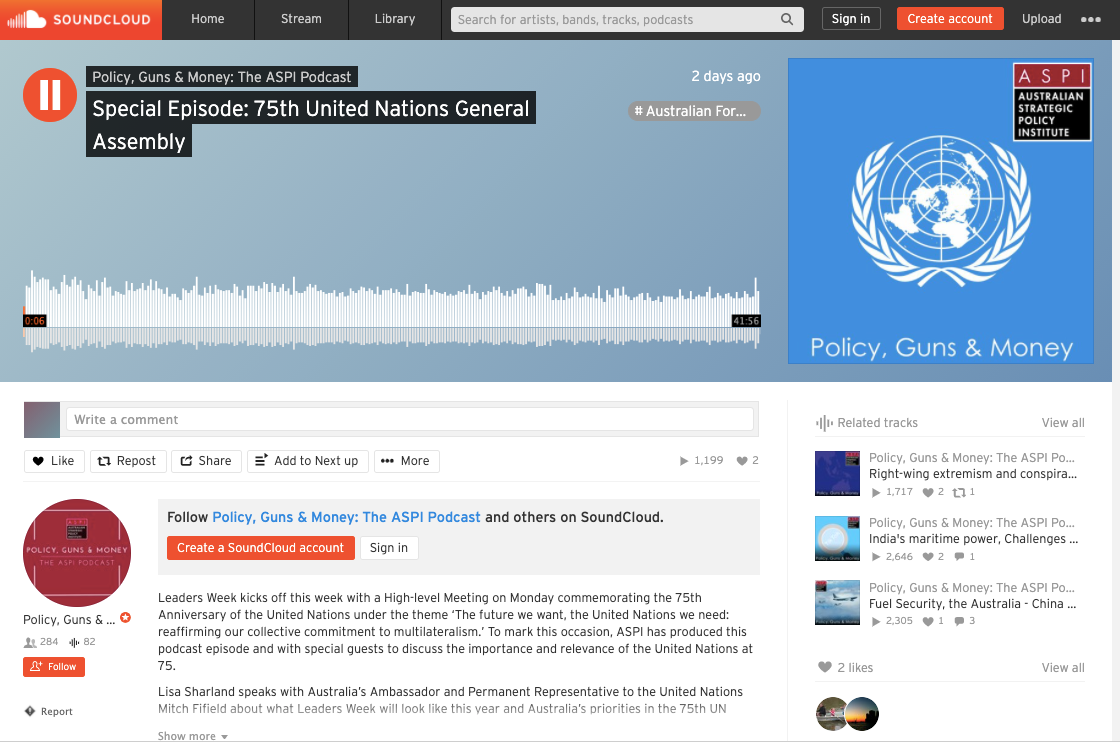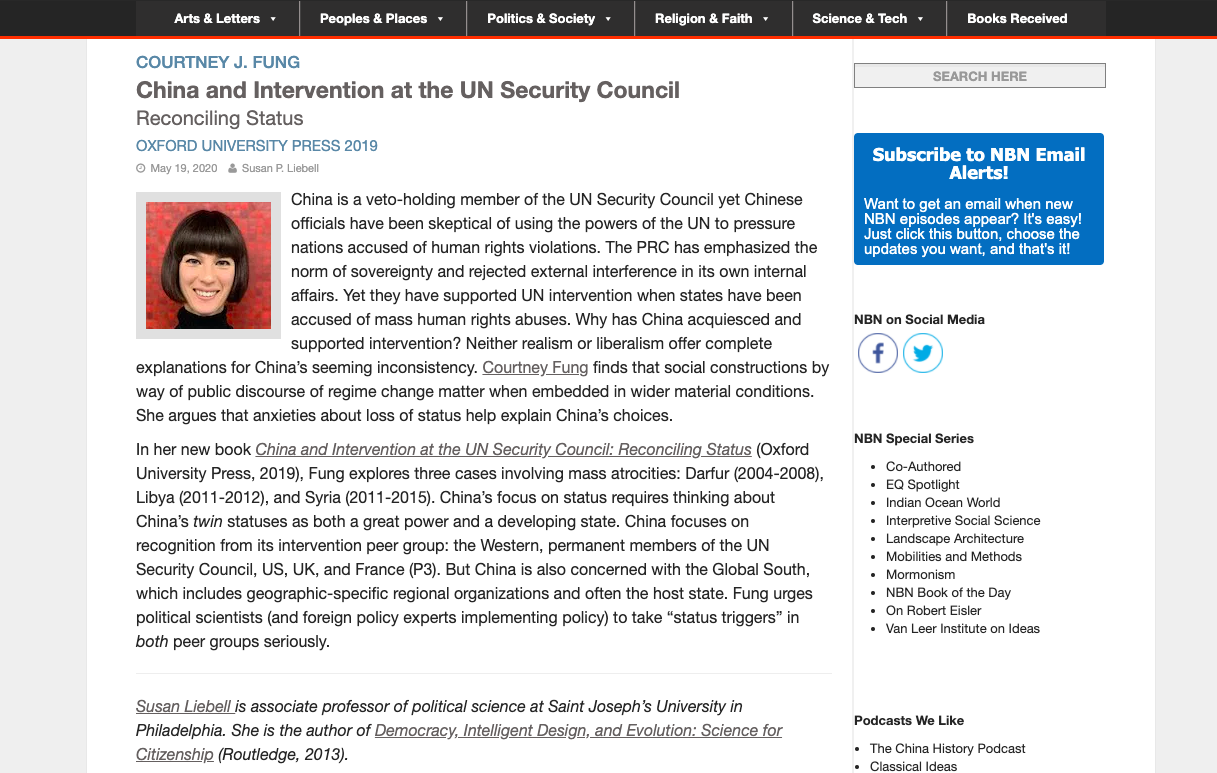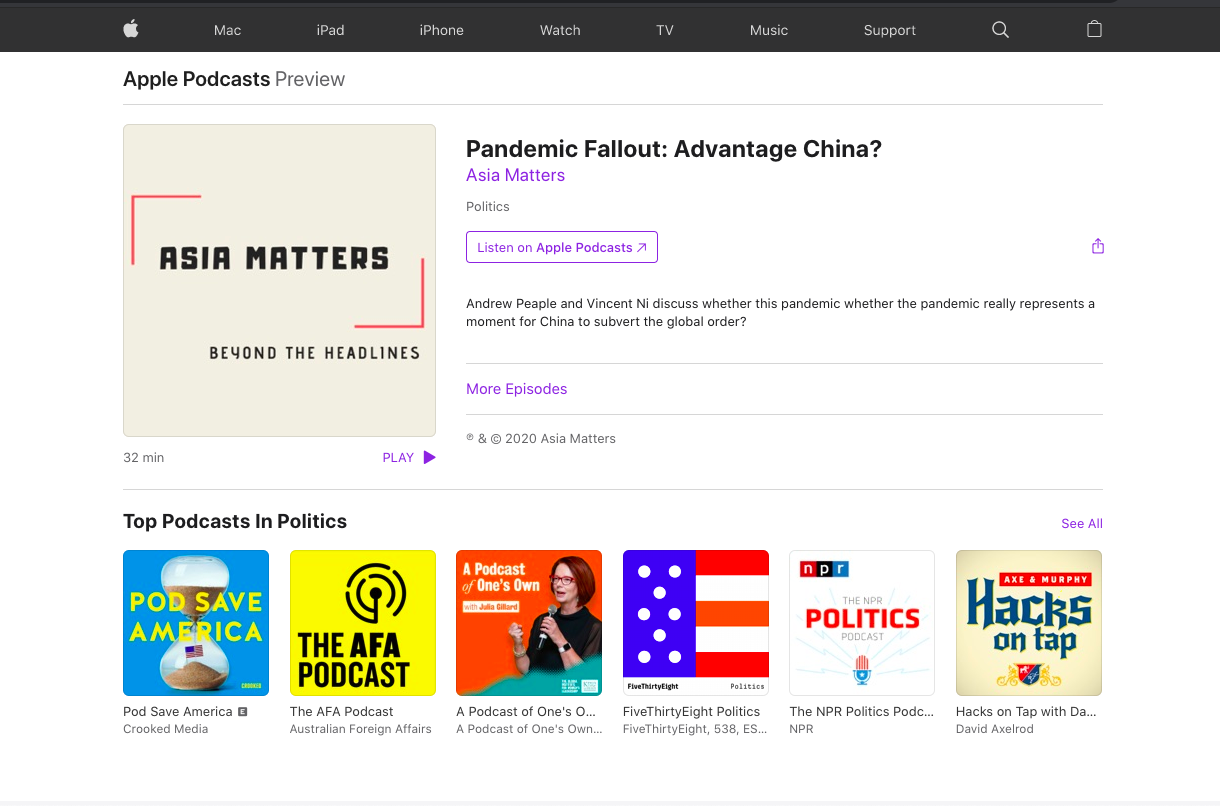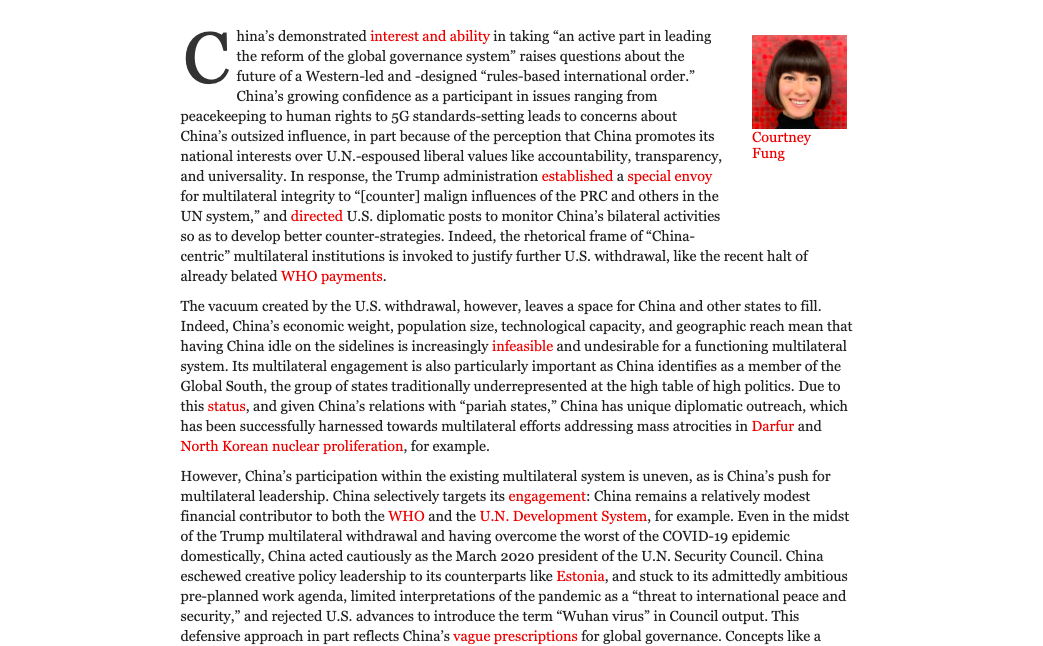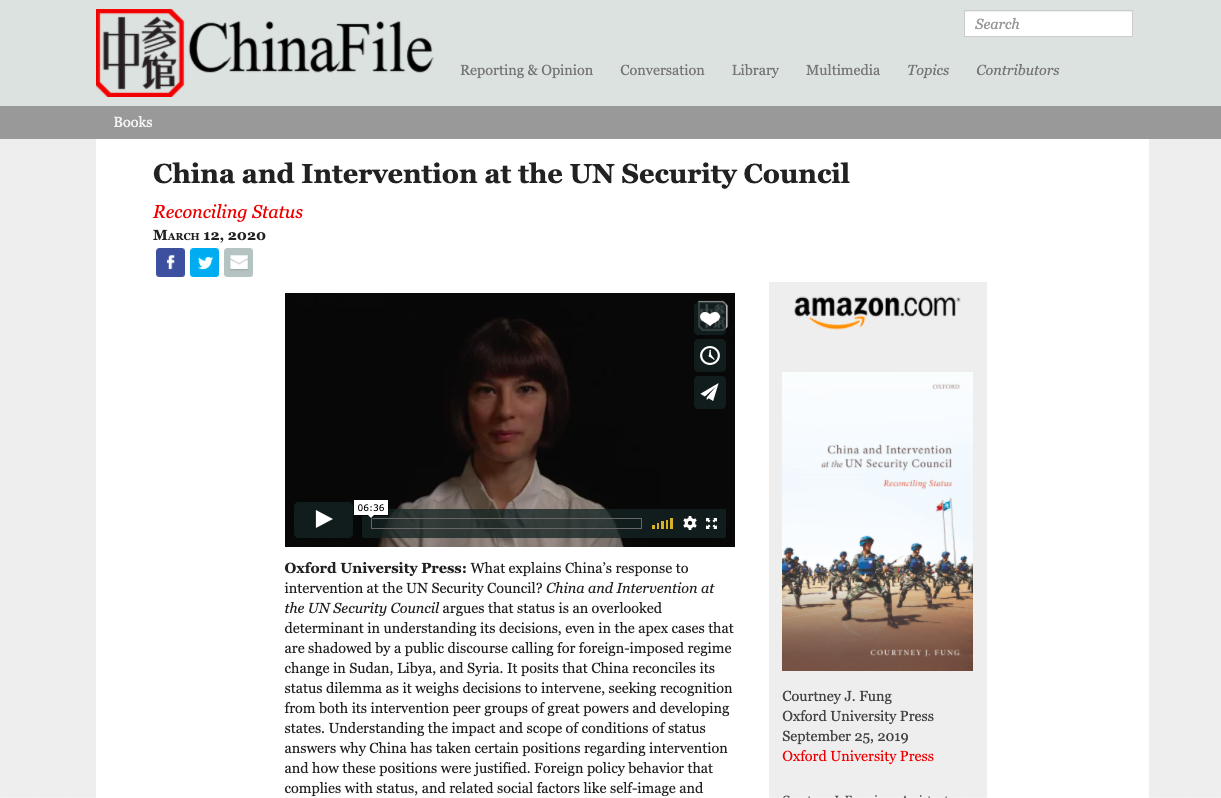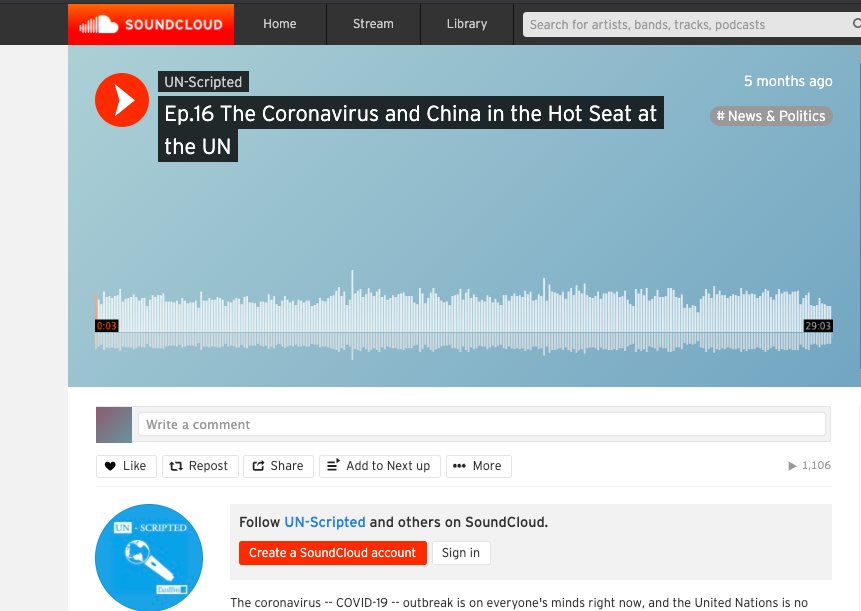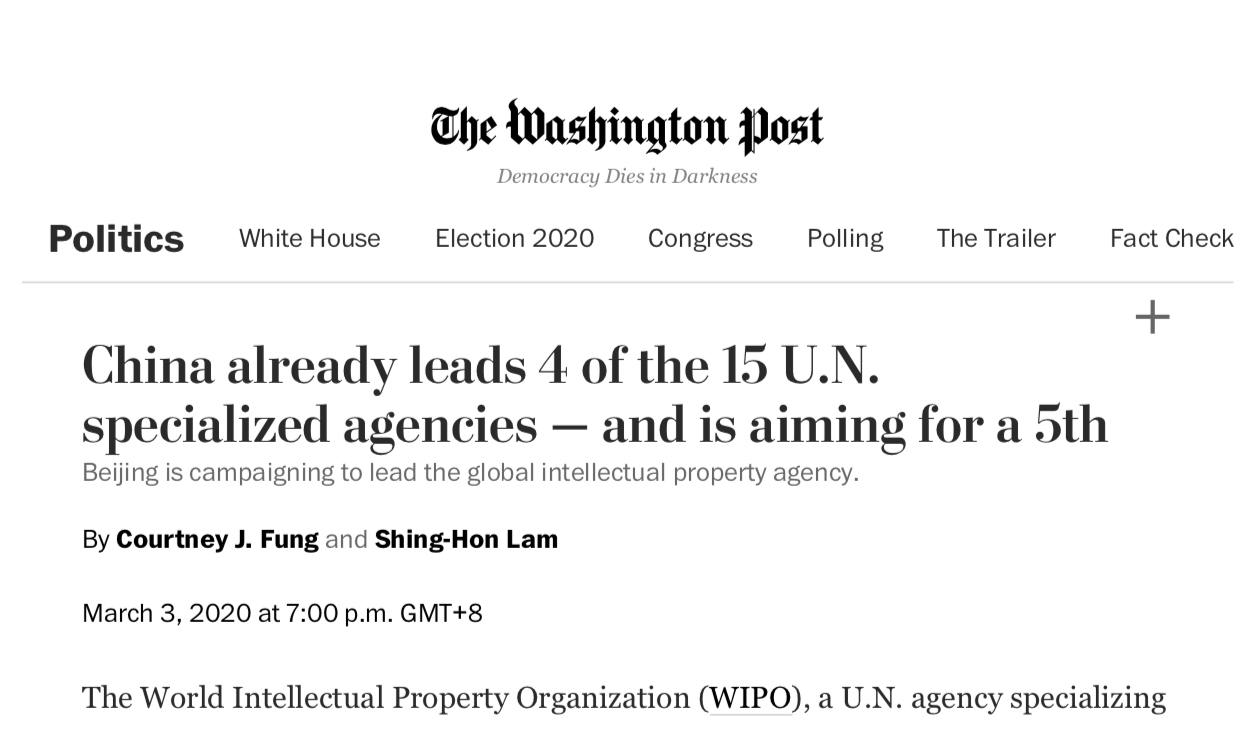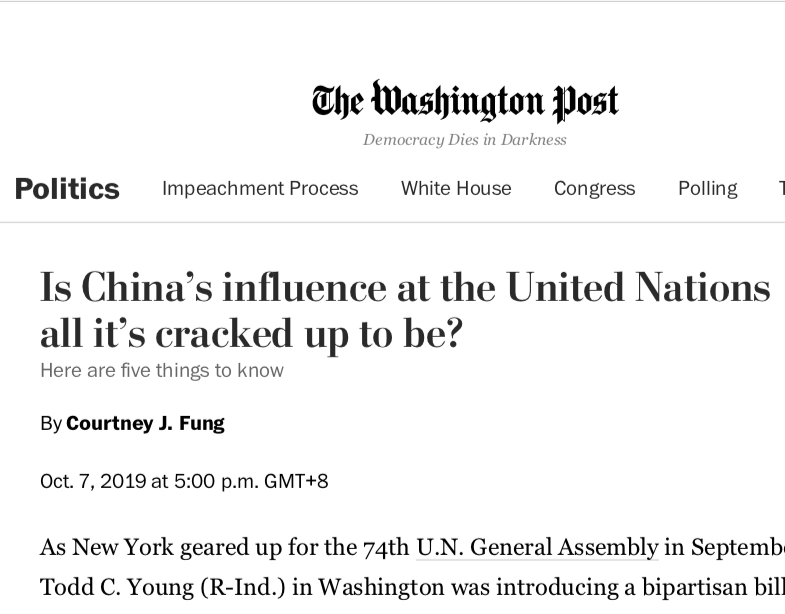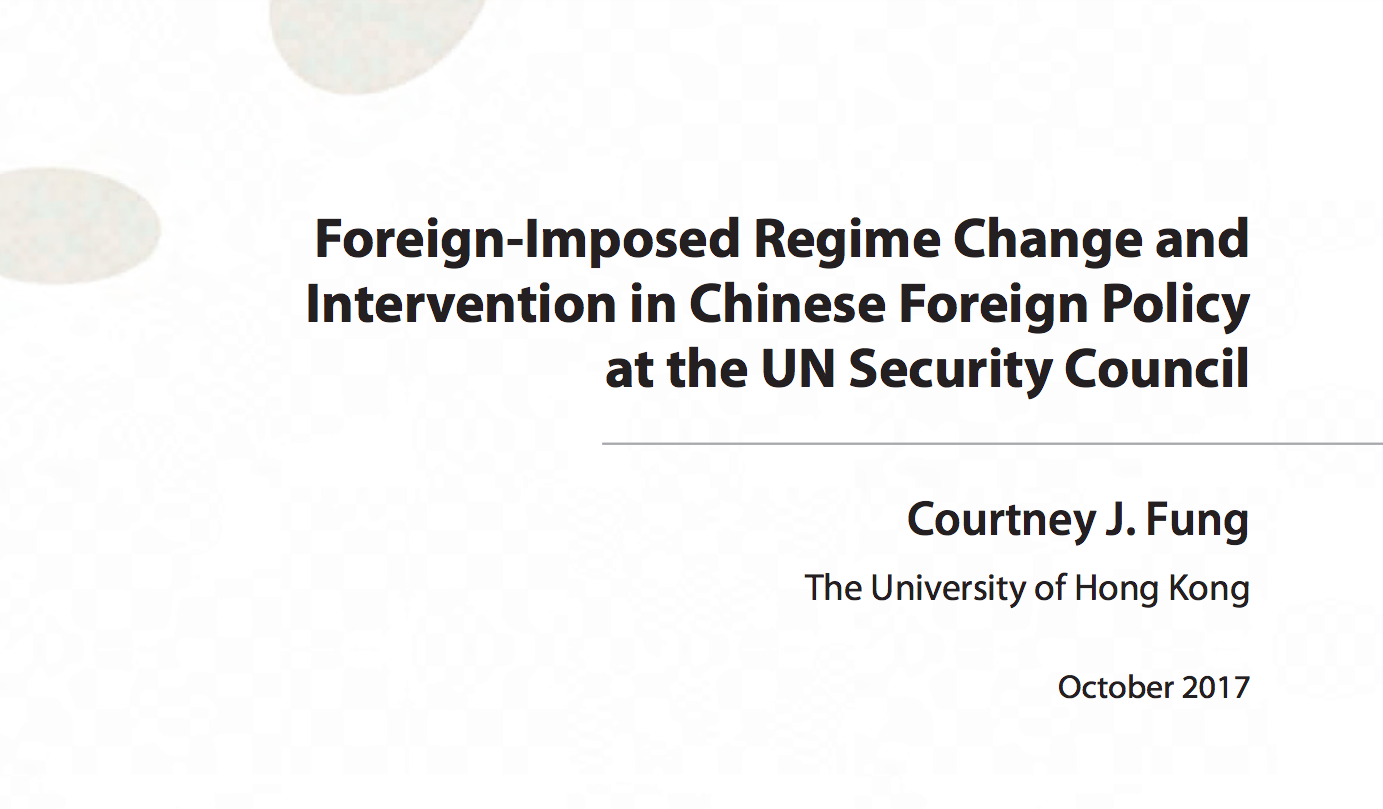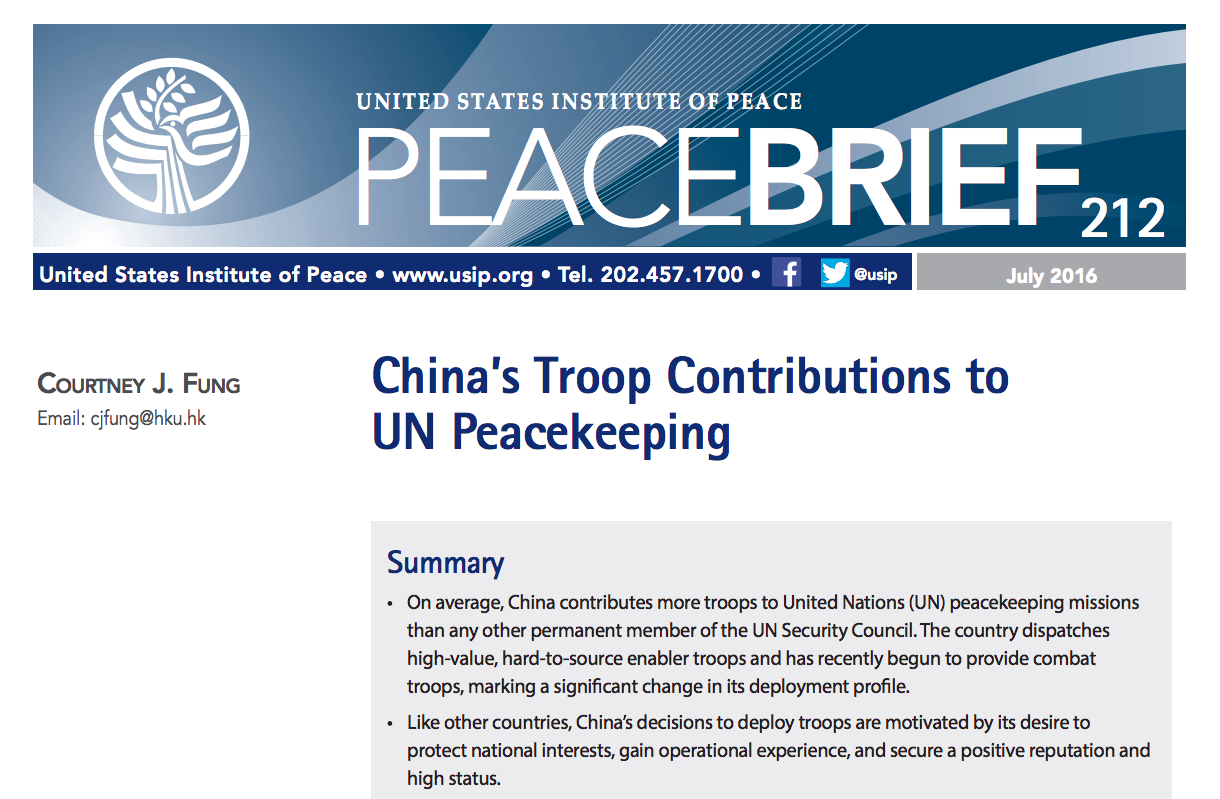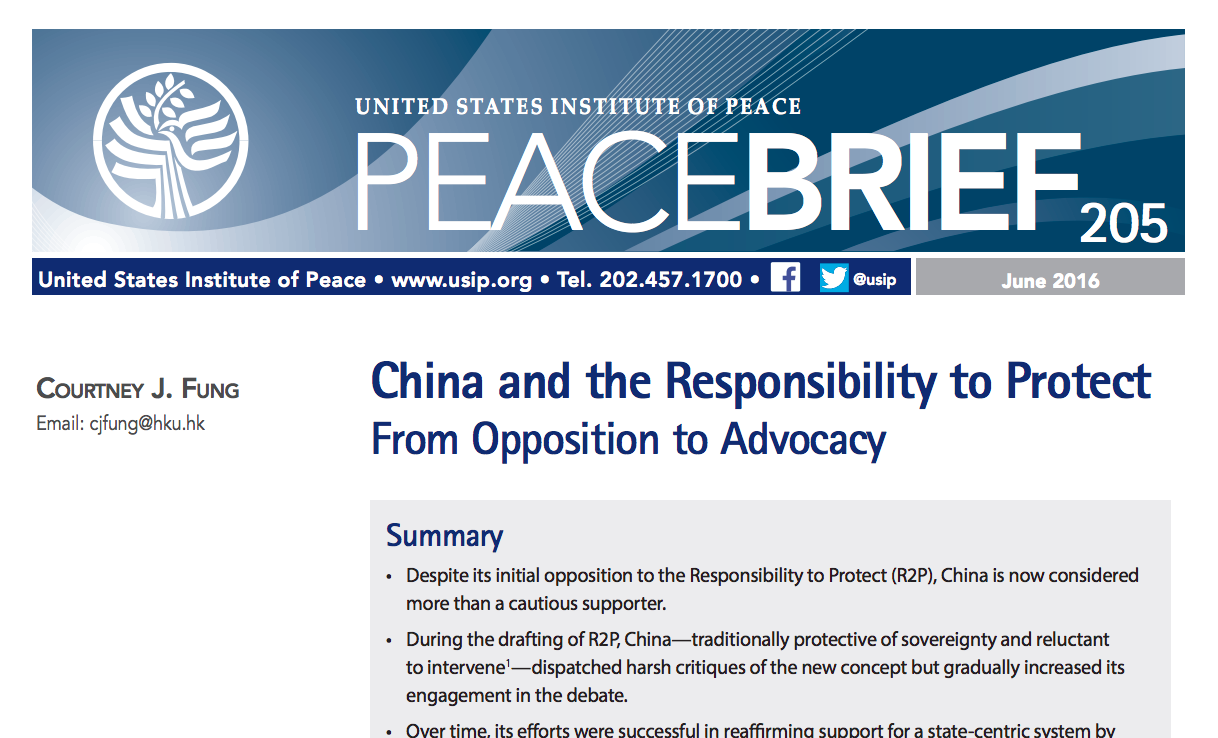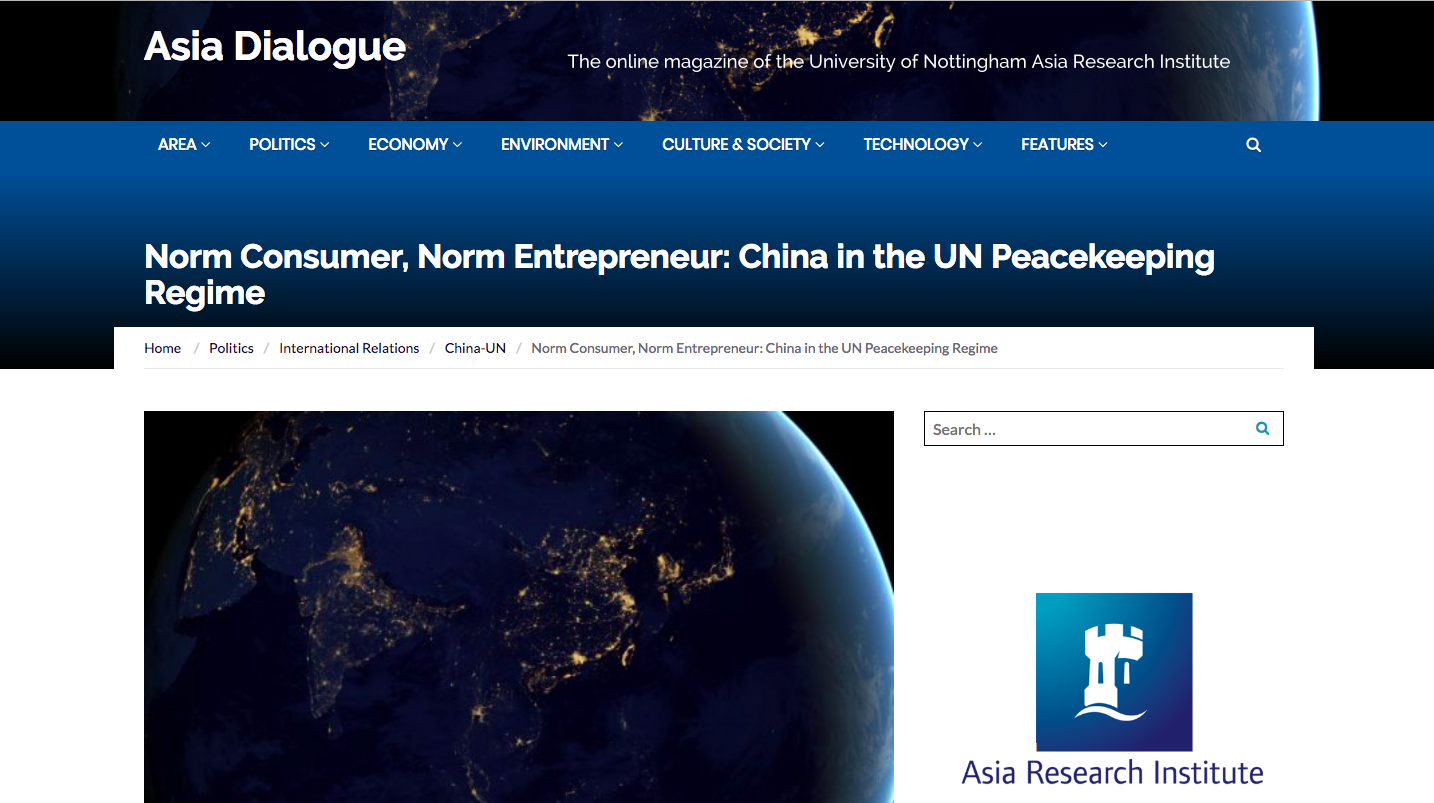RESEARCH AGENDA
I study how rising powers address the norms and provisions for global governance and international security, with a primary focus on China, and more recently, India. I use a variety of sources, to include new and original empirical data garnered from elite interviews and participant observation to inform my studies addressing status, norms and human protection issues broadly defined (e.g. cyber norms, UN peacekeeping, intervention, and the responsibility to protect). My work contributes to general knowledge on causes of multilateral cooperation amongst states, and specifically identifies under what conditions and how these rising powers engage in international order-making.
I am currently a co-investigator on three competitively-funded projects:
mapping new security networks, led by University of California, Berkeley’s Center for Effective Global Action and supported by the Carnegie Corporation of New York
examining the PRC use of grey zone tactics in the Indo-Pacific region, led by the Discipline of Security Studies, Macquarie University and supported by the Australian Department of Defence Strategic Policy Grants Programme
China and Evolving Multilateral Craftmanship in the Age of Digitalization, led by the Norwegian Institute for International Affairs (NUPI) and supported by the Norwegian Research Council
Beyond these grants, my research has been supported by a number of research fellowships, to include a 2023 Fulbright Scholarship to the Walsh School of Foreign Service at Georgetown University. I was also a 2012 post-doctoral fellowship with the now Columbia-Harvard China and the World Program supported by the MacArthur Foundation, based at the Fairbank Center for Chinese Studies, Harvard University. I held pre-doctoral fellowships with the International Security Program at the Belfer Center for Science and International Affairs, Harvard University, and with the Global Peace Operations Program at the Center on International Cooperation, New York University.




